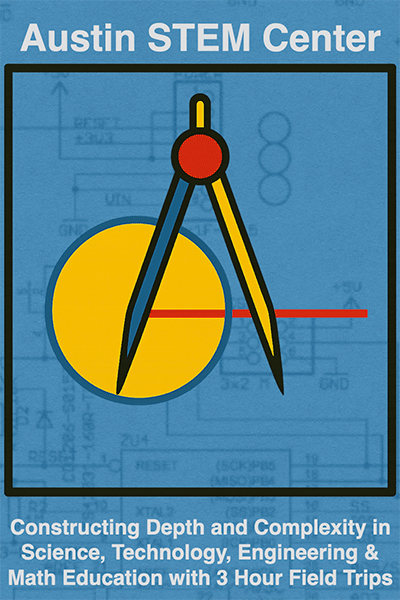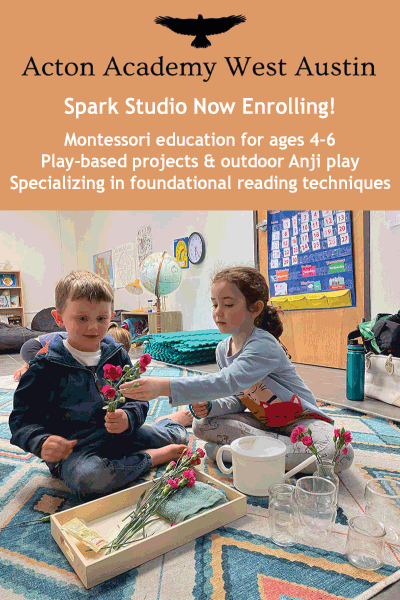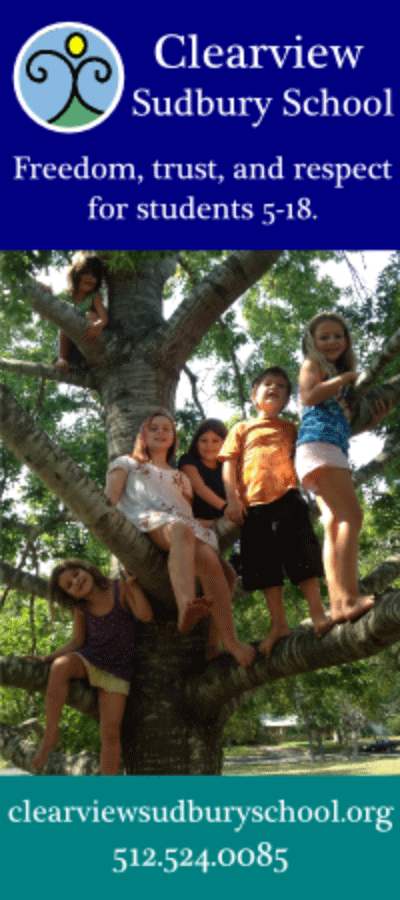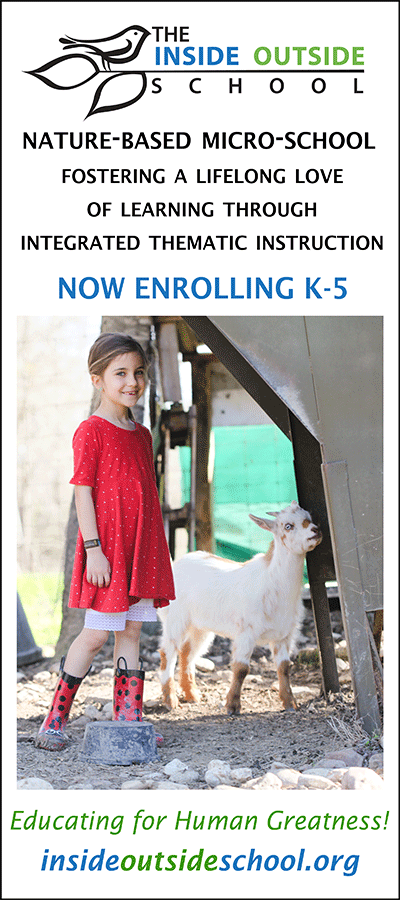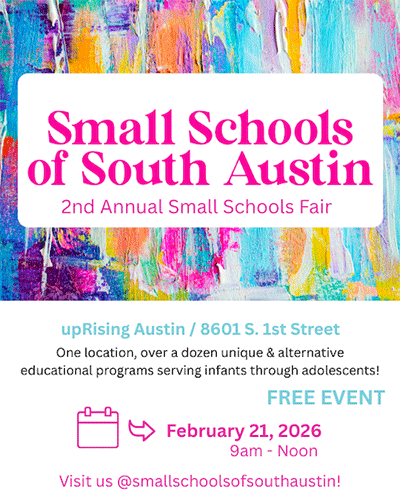Growin’ Together and playin’ rough
/Can rough play be good for children? A growing body of evidence says it can. The Growin’ Together Hands-On Afterschool Program makes a point of encouraging it, as staff members Joe Carr and Heather Aguilar explain in today’s guest post.
As any parent knows, kids love to play with their entire bodies. Running, jumping, climbing, and wrestling are the norm on most playgrounds. Many kids even enjoy play fighting, using swords or other pretend weapons. This is scary for educators at a lot of schools and youth programs, as well as for some parents, so they don’t allow this kind of play. They may worry that it is unsafe or that it encourages violence. At Growin’ Together, however, we encourage kids to play this way and to develop agreed-upon boundaries that keep all willing participants safe. We also have conflict resolution structures in place to resolve issues when boundaries are crossed.
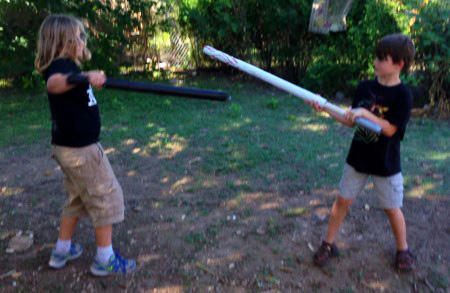
This topic recently came up when students expressed a desire for swordplay. They started using sticks and other objects, making some adults (and some kids) worry about safety. So we had a meeting. “How can we engage in this type of play and keep everyone safe?” we asked them. As a group, they talked and listened and agreed by consensus on a specific set of guidelines. In the process, they learned important skills in teamwork, compromise, and boundary setting. Here’s what they came up with:
- You may play rough only with someone who agrees to play that way.
- Stop means stop!
- We only play rough in a certain area of the yard (this includes solo practicing with a weapon).
- Anything used like a weapon must be foam-covered.
- Contact should be made between objects, such as foam swords, not people.
- Objects may touch another person’s body only if each player agrees, and then only with a light touch that is not intended to hurt.
We used our next Carpentry Wednesday to make and decorate foam-covered swords, and it was one of the most engaging activities we’ve done. Some made staffs, one kid made a club, another a sai (a traditional weapon used in Okinawan martial arts), another a magic wand. It brought out their full creativity and ingenious designs and made for endless hours of imaginative play.
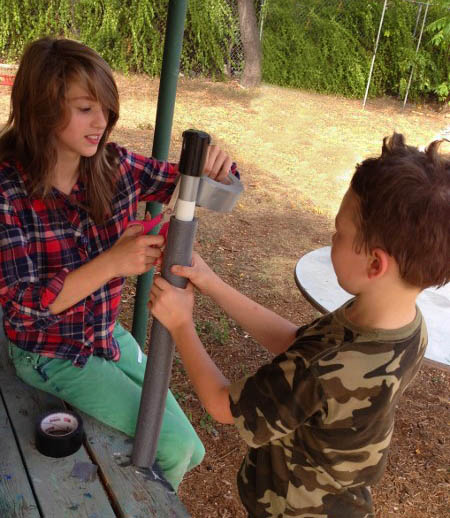
Do the kids violate their agreements? Of course! Which is then an opportunity for them to assert boundaries, hear the pain or anger their action caused, and make a different choice.
Is it dangerous? No. There is the risk of some pain, but no risk of injury. At Growin’ Together, we make a strong distinction between danger and risk, and we believe that taking risks is essential to learning what our limits are and how to stay safely within them—or to deliberately move beyond them.
For more insight into children’s need for rough play, why we support it, and how we supervise it, check out this enlightening article by educator and author Frances M. Carlson: “Rough Play: One of the Most Challenging Behaviors.” And for a more in-depth discussion of rough play and its benefits, we recommend The Art of Roughhousing: Good Old-Fashioned Horseplay and Why Every Kid Needs It, by Anthony T. DeBenedet and Lawrence J. Cohen (2010). In this well-researched and persuasive book, the authors make this “Bold Claim”: “Play—especially active physical play, like roughhousing—makes kids smart, emotionally intelligent, lovable and likable, ethical, physically fit, and joyful.”
We think so, too.
Joe Carr and Heather Aguilar




